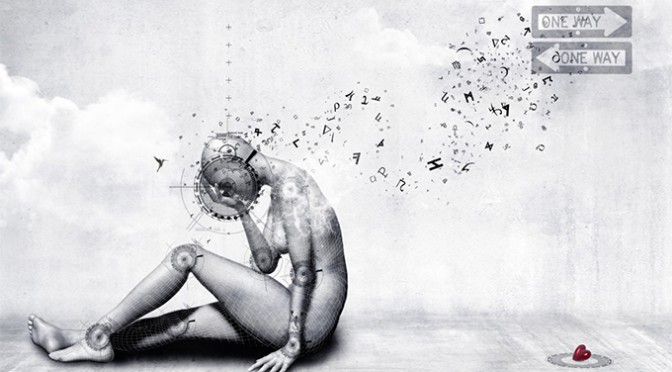When (bad) Things Happen to (good) People
Part of a yearlong series about resilience in Jewish spiritual life.
When are you most likely to ask “why” about your life?
Especially when life seems difficult or unfair, we ask “why” because we sense that understanding can help avoid pitfalls of meaninglessness. A world we (think we) can explain is a world that seems less random and less scary, more ordered and more fair. And as for the world, so too for (how we imagine) God.
Of course, “why” cuts both ways. Some “why” questions – “Why would a loving God let this happen?” “Why do bad things happen to good people?” – offer no clear answers, and sometimes no answers. Maybe that’s “why” some lose faith amidst pain and loss.
But “why” ask “why” only in hard times? Ever notice that it’s most often despair and loss – not blessings and good fortune – that tend to turn us? What if we turned spiritually not only amidst challenge but also amidst life’s good things?
That’s the call of this week’s Torah portion (Netzavim). “When all these things befall you – the blessingand the curse… – and you take them [both] to heart … and you return to God … then God will circumcise your heart and the hearts of your offspring to love God with all your heart and soul, so that you will live” (Deut. 30:1-6).
The heart most open to love and spirit is not the heart that turns amidst only challenge or blessing, but both. This kind of turning can be difficult because it asks us to cast away our transactional theology of good/bad: God is more than that, and so are we. This turning asks us to lay theology itself on the eternal flame of the inexplicable – in a spiritual sense, to surrender (not in despair, but in love) to sometimes not knowing “why.”
This kind of letting go asks much of us – self-awareness without self-obsession, humility without paralysis, trust without control. It takes time – say, the span of the High Holy Days, lifting our complex layers of mind and heart. It asks all we’ve got.
The more we let go in this way, the more we shed (“circumcise”) the protective surface of our hearts. We can reveal a love that doesn’t depend on the happenstance of “blessing” and “curse,” what we call “good” and what we call “bad.”
Our hearts become more resilient to life’s peaks and troughs. Our love becomes more resilient, and so do we. And then we truly can “live” – far more than we think possible.
Bad things do happen to good people: life sometimes is poignantly unfair. Notice how your heart has become thickly protected against life’s bruises, and which protections have become jailors. This week’s resilience calling is to turn not only when bad things happen to good people, but also when things happen to people – you, and now.
Just ask your tender heart, your resilience teacher this week – with blessings for a shanah tovah um’tukah – a sweet and good new year of turning.
– Rabbi David Evan Markus






 Evan J. Krame was ordained as a rabbi by the
Evan J. Krame was ordained as a rabbi by the